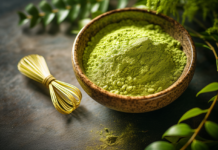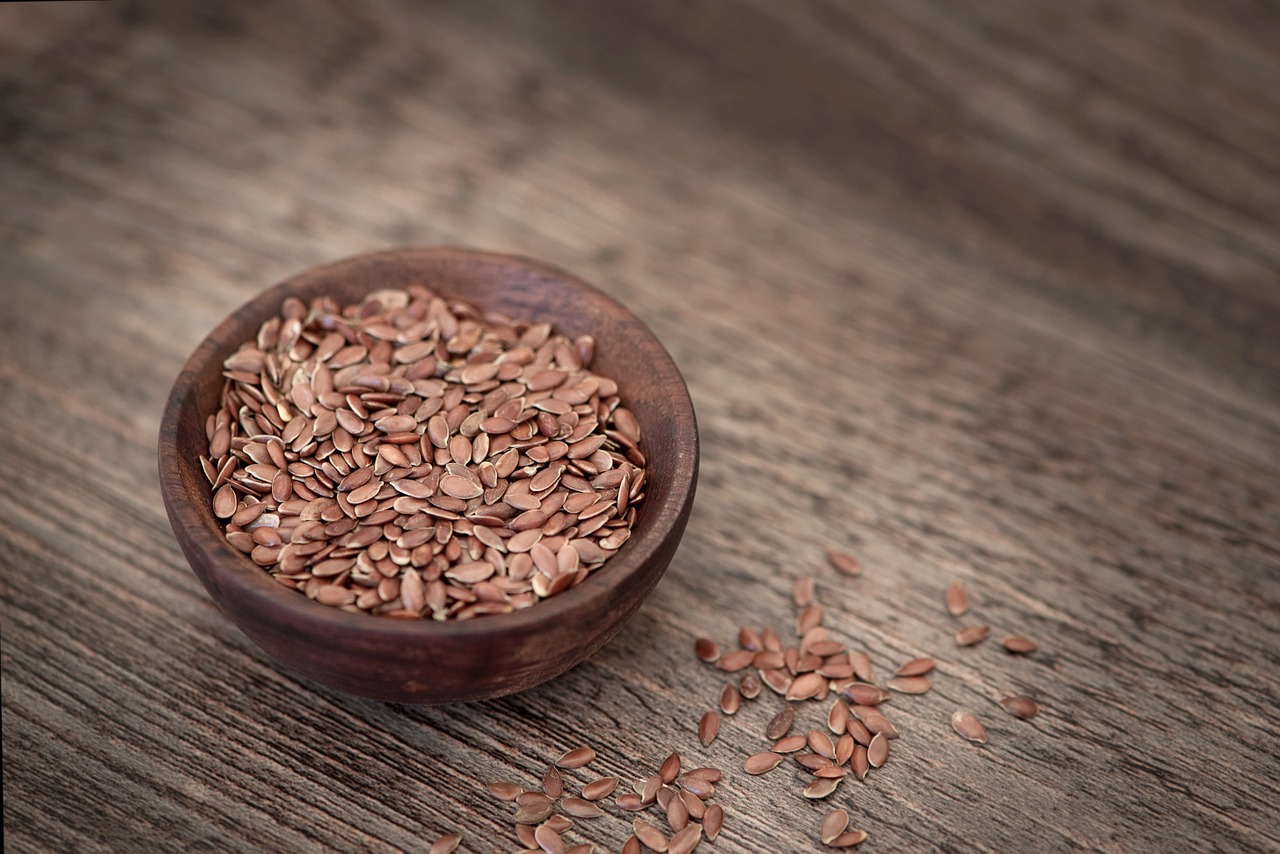For this reason, I recommend you avoid spirulina from Japan and nearby waters harvested after March 1, 2011, as they may be contaminated with radiation from the Fukushima nuclear incident. Ideally, only consume organic spirulina from a reputable source that is grown in pollutant-free waters.
If you are going to start on a spirulina regimen, the recommended dosage is 3,000 milligrams (mg) per day for adults, and 500 to 1,500 mg for children, for use as a preventative. For therapeutic use, 10,000 to even 20,000 mg per day is required for adults. However, remember that, in addition to being your powerhouse of essential vitamins and minerals, spirulina is a potent detoxifier. For that reason, it is best to start with a small dose and work your way up. Once you see how your body responds, you can then gradually increase your intake. Again, while side effects are minimal, the most prominent reactions you may experience are:
- Slight Fever — The high protein content in spirulina increases metabolism, which may elevate your body temperature.
- Dark Green Waste Matter — Spirulina can remove accumulated waste product in your colon, which may cause darker stool. Also, spirulina is high in chlorophyll. This will also turn waste matter green.
- Excessive Passing of Gas — This may indicate that your digestive system is not functioning properly or you have an extreme build-up of gas.
- Feelings of Excitement or Sleepiness — Your body is converting protein into heat energy, which may cause temporary feelings of restlessness. On the other hand, the detoxification process may also cause sleepiness, which may indicate your body is exhausted and needs better rest.
- Breakouts and Itchy Skin — This is caused by the colon cleansing process and is only temporary.
It’s very likely that your body will go through an adjustment period with spirulina, and your best bet to reduce potential reactions is to start out small and increase your dose gradually to see how your body will react. However, there are some people who seem to be sensitive to spirulina and can’t tolerate it. If you are one of those, it would be wise to avoid spirulina. You might try chlorella, which has similar benefits. Most people can tolerate either chlorella or spirulina.
Source: Dr. Mercola


























